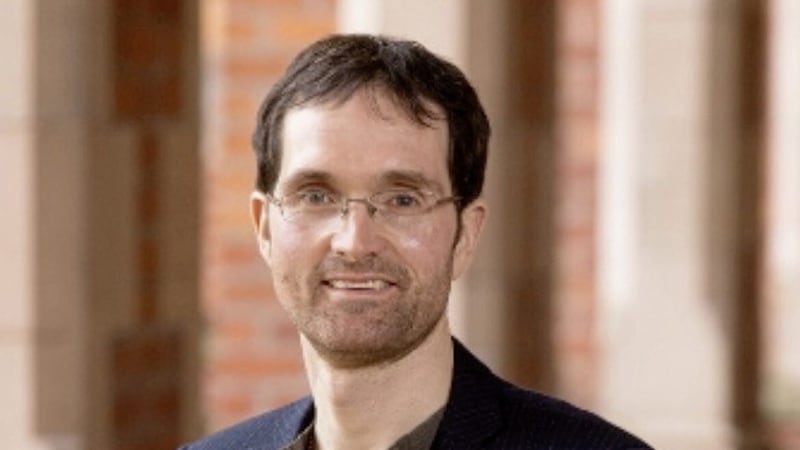THAT Catholics outnumbered Protestants for the first time in the latest Northern Ireland census is symbolically powerful but, in practical terms, relatively meaningless. It is symbolically powerful as the Irish border was specifically drawn to create a Protestant and therefore unionist majority to dominate Northern Ireland and thus avoid coming under Irish rule. However, we already witnessed the ending of unionism as a majority bloc in the last assembly election, and this has brought no change.
We still have political stalemate, and cannot move forward without agreement between the two communities on how Northern Ireland is governed. The census merely confirms the fact that we need to co-operate to make politics here work.
Others will, of course, argue that the growing Catholic population makes a united Ireland more likely. But whilst we cannot deny the continued link between religious background and political orientation, even if we acknowledge that more Catholics likely means more nationalists, it is far more problematic to suggest that this means more people who would vote for Irish reunification. Religious affiliation and even political identity are one thing, opting for radical constitutional change is quite another.
Again, this is not to deny that Brexit – itself a vote for radical constitutional change – has not fundamentally altered the debate on Irish unity. This is now a real debate, and a real possibility, but in an actual border poll, real and complex issues will be raised. Would all Catholics really vote for reunification, with the possible sacrifice of the NHS that so many cheered and clapped through the pandemic? Or would they hedge their bets, voting against this time round, and knowing they could change their minds in a future poll, depending on how Brexit progresses? There is still a strong case to make that the current status quo offers the best of all worlds – keeping the NHS, and being able to trade freely with both the EU and Britain. However, without the proper working of our institutions, any economic dividend will be lost, perhaps prompting more Catholics, but also more Protestants, to consider Irish unity. Thus, it is too simplistic to reduce the constitutional debate to a matter of religious demographics.
What the census shows is that there is near parity between the two communities in Northern Ireland – reinforcing the point that they must work together, whatever our future. But this also highlights the importance of the growing number of 'others' – people who identity as neither Irish nor British, are of mixed heritage, or indeed were born outside the UK and Ireland. Given the near parity between the two communities, this third group will likely decide the constitutional future of Northern Ireland in any border poll. But this group is diverse. It tends to include more young people, and those interested in the practical issues of the constitutional debate, and thus not swayed simply by emotion or flag-waving. Instead, they are more likely to be concerned by issues like the climate breakdown and gender or other identity rights. Considering the choice between a united Ireland and continued union with Britain, members of this group will ask which better serves the urgent need to decarbonise the economy, or protect their rights as a black person, for example, or a Muslim or lesbian.
Perhaps the real headline from the census data, however, is the rapid ageing of our population. The number of over-65s has increased by near 25 per cent since 2011. In this, Northern Ireland is little different from most Western societies, where rising numbers of those over working age have massive implications for how we run our economies, our health service, and indeed for issues such as immigration which were central to the Brexit debate. Whatever our constitutional future, our society needs to accommodate and provide for all demographics. Our politics must recognise the needs of the two communities, and of many more besides.
:: Dr Peter McLoughlin is a senior lecturer, Queen's University's School of History, Anthropology, Philosophy and Politics.







